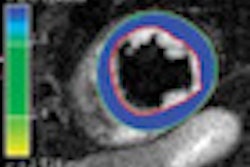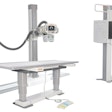In a move to further simplify and relax some of its device clearance regulations, the U.S. Food and Drug Administration (FDA) has issued a draft guidance designed to clarify when changes or modifications to previously cleared 510(k) devices require a new premarket submission from manufacturers.
The draft guidance better delineates the types of changes that would require a manufacturer to submit a new premarket application (PMA), according to the FDA. The guidelines include specific labeling changes, alterations to the technology used in the device, revisions in performance specifications, manufacturing changes, and the use of different materials in the manufacture of the device.
Currently, manufacturers are required to submit a new 510(k) application when alterations affect a product's safety or effectiveness or result in a major change to the intended use of the device.
In a statement, Dr. Jeffrey Shuren, director of FDA's Center for Devices and Radiological Health, said the communiqué is designed to save time and money for manufacturers as they make changes to their devices and technologies.
Earlier this month, the FDA moved to "downclassify" and exempt from 510(k) requirements some class II devices that have sufficiently well-established safety and effectiveness, as well as sufficiently controlled risks.
The FDA's July 7 list of revisions included devices such as collimators, film cassettes, film processors, and digitizers that have well-established safety and effectiveness profiles and for which less stringent oversight would not compromise public health.
These kinds of devices would no longer be required to go through the 510(k) process as long as they don't exceed the limitations on exemptions specified in the device classification regulations.



















